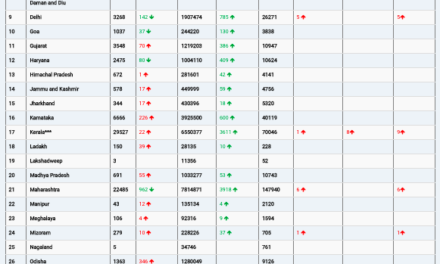A recent study conducted by the Indian Council of Medical Research (ICMR) has highlighted the severe financial burden that antibiotic-resistant infections are placing on Indian families. Published in the BMJ, the research underscores the significant cost of treating such infections, particularly in private healthcare settings, and reveals the growing strain on families already grappling with financial difficulties.
According to the ICMR report, the cost of treating antibiotic-resistant infections in private hospitals can be up to 10.6% higher compared to treating infections caused by drug-susceptible bacteria. This rise in costs is largely attributed to the necessity for more expensive, newer antibiotics and the extended duration of Intensive Care Unit (ICU) stays required for many patients.
The study found that nearly half of the patients, 46.5%, had to borrow money to cover both direct and indirect treatment expenses. In addition, 33.1% of patients had to dip into their savings. Some families were forced to make difficult sacrifices, including cutting food consumption, in order to pay for medical care. The financial disparities between private and charity-run hospitals were stark: the average cost of managing a resistant infection in a private hospital was $3,382, while in charity-run hospitals, it was just $215.
The ICMR’s findings paint a grim picture of how antibiotic resistance is not only a public health crisis but also a significant economic one, particularly for low- and middle-income families. The study emphasizes the urgent need for widespread antibiotic stewardship programs to promote better antibiotic use and reduce resistance, which continues to exacerbate both health and financial challenges in the country.
Experts have called for immediate action to curb antibiotic misuse and improve the management of resistant infections to prevent further financial and public health crises in India.
As superbugs become an increasingly common threat, Indian families are facing the harsh reality of borrowing, selling assets, and cutting back on basic needs to afford life-saving treatments. This study serves as a stark reminder of the urgent need for both healthcare reforms and more affordable treatment options to mitigate the devastating effects of antibiotic resistance.
For more information, visit the ICMR study.












